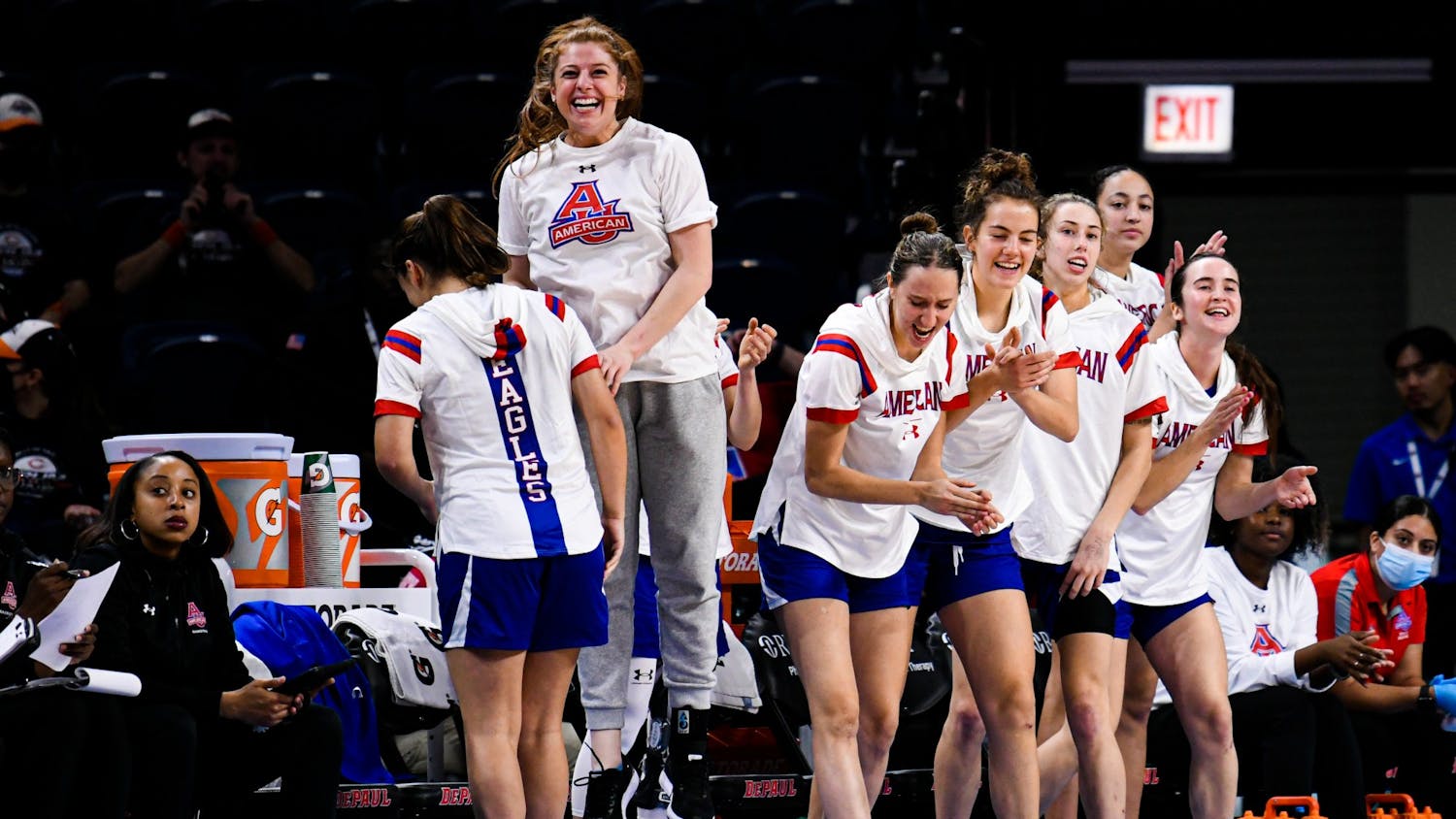When many people in the United States hear the phrase "World Cup," they think of the tournament held between the top soccer (or "football," as the rest of the world calls it) teams across the world. On the contrary, there are world championships held in many sports that seem foreign to many Americans, such as cricket or curling. There is even a World Cup for rugby, the forefather of the United States' pastime, a game that has captivated millions of fans around the globe.
The Rugby World Cup is one of the most highly watched sporting events in the world. During the 2003 cup that took place in Wales, more than 3.5 billion people watched, the third highest figures behind the FIFA World Cup and the Summer Olympics.
France, a two-time runner-up in the World Cup, hosted the majority of the 2007 games, with matches also played in Cardiff, Wales, and Edinburgh, Scotland.
With teams representing every continent, from powerhouses such as England, France and South Africa, to newcomers like Tonga, Fiji and the United States (yes, we have a team in the tournament), the passion and spirit of the competition flows from every corner of the map.
The format of the tournament, like any world championship, benefits those teams that are the favorites to come out on top. The 20 squads that qualify for the World Cup are split into four groups of five clubs each. The top two finishers move on to the quarterfinals, semifinals and, eventually, the championship game.
Although the World Cup theoretically represents the top rugby teams in the world, there is a large split in the quality of play between the favorites and the underdogs. Scores in the opening rounds were routinely one-sided, with Australia defeating Japan 91-3 and New Zealand slaughtering Italy 76-14. These opening round games are mainly seen as ways to get rid of those teams that do not belong with the big boys and to set the stage for the top eight teams to advance to the final.
Besides the passion of fans toward their teams, the players who make up the various squads add a flair to the matches that is often unseen in other competitions. Members of the New Zealand national team, nicknamed the "All Blacks" for their all black uniforms, perform the haka dance, an ancient aboriginal ritual that features face-paint and a chant during the pregame warm-ups. Meanwhile, on the other side of the globe, France's Sebastian Chabal is called "The Caveman" by the French faithful due to his long hair and beard, similar to the look Johnny Damon had when he played for the Red Sox.
Unfortunately for many Americans, the 2007 edition of the Rugby World Cup wrapped up on Saturday with little local fanfare, as South Africa defeated England 15-9 for its first crown. So, if you are looking for a sport that draws a giant audience similar to what is usually seen at the Super Bowl, tune in to the next edition of the World Cup, which will be held in New Zealand in 2011. Although many people in the United States will not be talking about the game, I am sure you could find one of the 3 billion viewers in other parts of the world who would be willing to strike up a conversation with you.




